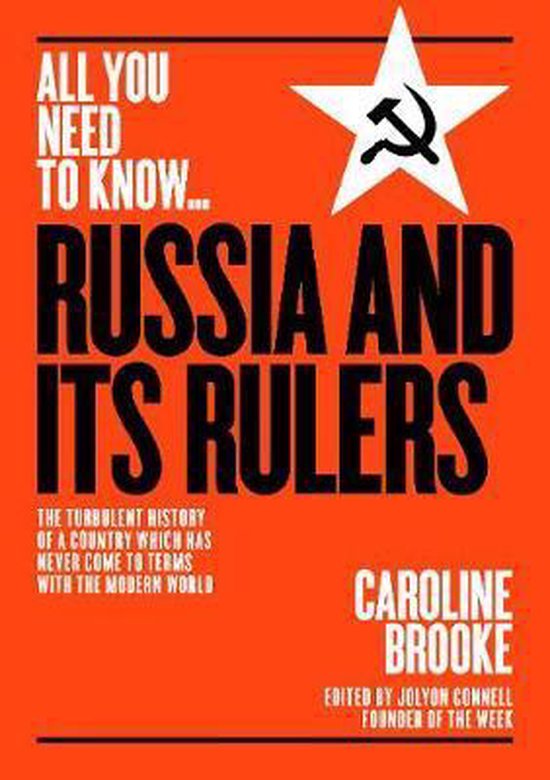Study guide
Russia History Mindmaps - Exam Revision
A Level Russia and its Rulers History Mindmaps. Containing all the information from multiple textbooks - the best way to revise for amazing grades! 49 SLIDES!! Full in-depth notes and analysis that took months to make. Everything you need to prepare for the exam including facts, figures and analys...
[Show more]




